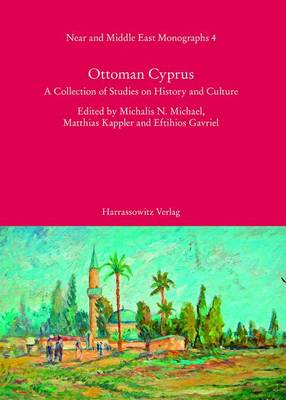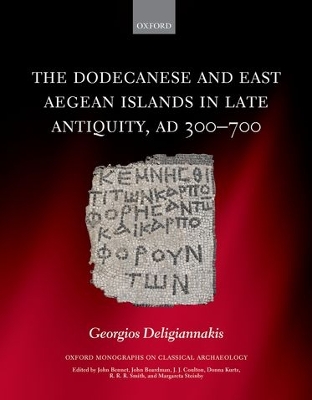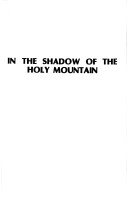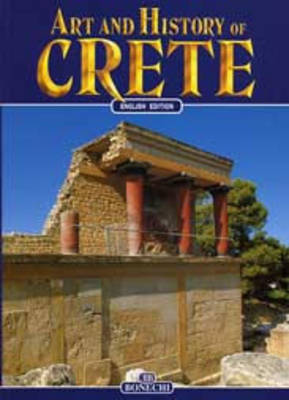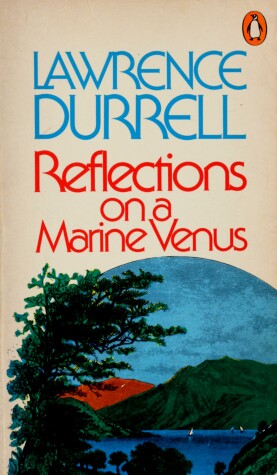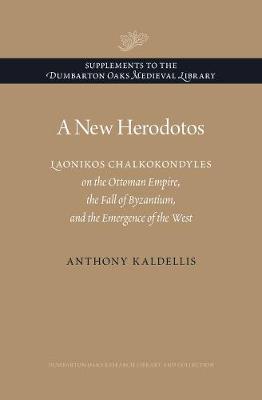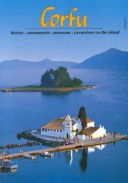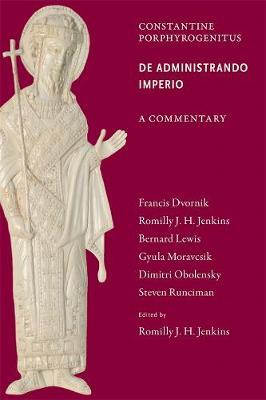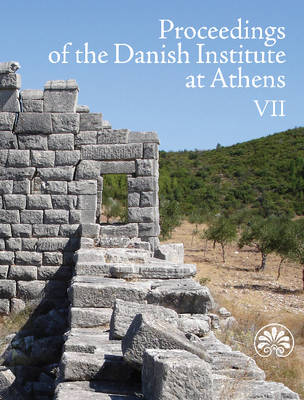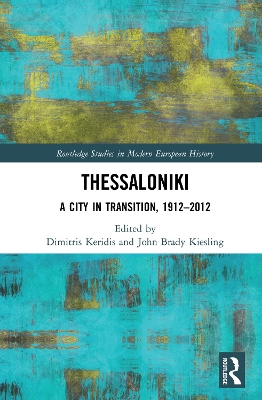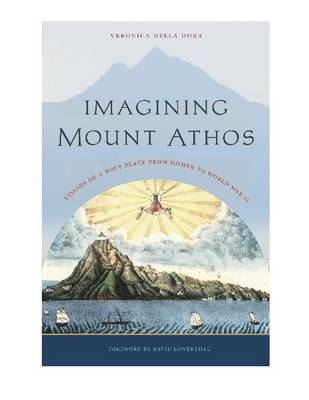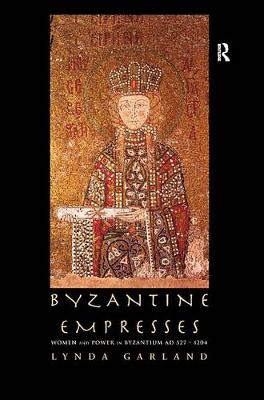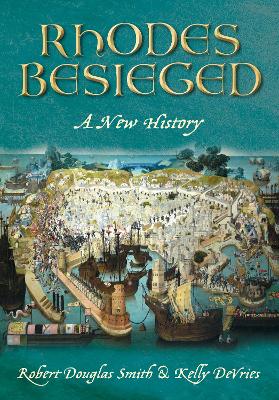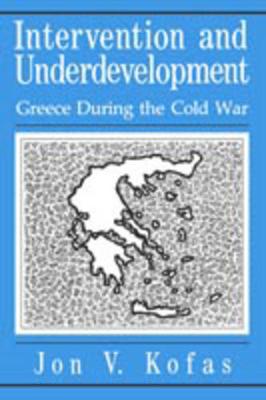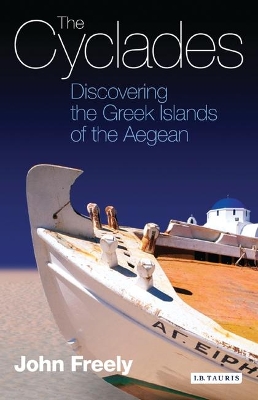This is the story of how the Great War affected Biggleswade through the experiences of those who fought and those who remained behind. The book does not follow the pattern of many in this field in giving basic details of the men from communities who were killed during the Great War, but builds and humanises their stories in the context of the war, and how this impacted upon a typical town of the period. Letters from the men at the front feature throughout, and reveal the stoicism, fortitude, hum...
The Dodecanese and the Eastern Aegean Islands in Late Antiquity, AD 300-700 is a regional study of the history, archaeology, and religious profile of the Late Antique Dodecanese (the islands of the south-eastern Aegean, centred on Rhodes), exploring how the spread of Christianity altered these communities and how the prosperity of the eastern Roman Empire, and the new capital in Constantinople, affected their life. Incorporating comparative evidence from the rest of the Aegean islands and both t...
This is a study of Hellenism focused on a rural Greek community of Greek refugees from Asia Minor.
Greece: A Short History of a Long Story, 7,000 Bce to the Present
by Carol G Thomas
In his hugely popular Prospero's Cell, Lawrence Durrell brought Corfu to life, attracting tens of thousands of visitors to the island. With Reflections on a Marine Venus, he turns to Rhodes: ranging over its past and present, touching with wit and insights on the history and myth which the landscape embodies, and presenting some real and some imagined. With the same wit, tenderness and poetic insight that characterized Prospero's Cell, Reflections on a Marine Venus is an excellent introduction t...
La Civilta Bizantina Dal XII Al XV Secolo (Centro Studi Bizantini Univ. Studi Di Bari, #3)
by Andre Guillou
History of Byzantium, A. Blackwell History of the Ancient World.
by Timothy E. Gregory
A New Herodotos (AMERICAN CULTURAL HISTORY COMP 2V) (Supplements to the Dumbarton Oaks Medieval Library - HUP)
by Anthony Kaldellis
Public and Private Welfare in Modern Europe (Routledge Open History)
Since the 1980s, neoliberals have openly contested the idea that the state should protect the socio-economic well-being of its citizens, making ‘privatization’ their mantra. Yet, as historians and social scientists have shown, welfare has always been a ‘mixed economy’, wherein private and public actors dynamically interacted, collaborating or competing with each other in the provision of welfare services. This book will be of interest to students, scholars and practitioners of welfare by develop...
Studies in Byzantine Political History (Variorum Collected Studies, CS141)
by Patricia Karlin-Hayter
Commentary on the De Administrando Imperio (Dumbarton Oaks Texts (HUP))
by R. J. H. Jenkins, Francis Dvornik, Bernard Lewis, Gyula Moravcsik, and Dimitri Obolensky
Thessaloniki (Routledge Studies in Modern European History)
This book shares the conclusions of a remarkable conference marking the centennial of Thessaloniki’s incorporation into the Greek state in 1912. Like its Roman and Byzantine predecessors, Ottoman Salonica was the metropolis of a huge, multi-ethnic Balkan hinterland, a center of modernization/westernization, and the de facto capital of Sephardic Judaism. The powerful attraction it exerted on competing local nationalisms, including the Young Turks, gave it a paradigmatic role in the transition fro...
Most writing on Athos has focused on its Byzantine history and sacred heritage. Imagining Mount Athos uncovers a set of alternative and largely unexplored perspectives, equally important in the mapping and dissemination of Athos in popular imagination. The author considers Mount Athos as the site of pre-Christian myths of Renaissance and Enlightenment scholarship, of shelter for Allied refugees during the Second World War, and of a botanical and sociological laboratory for early-twentieth-centur...
Byzantine Empresses provides a series of biographical portraits of the most significant Byzantine women who ruled or shared the throne between 527 and 1204. It presents and analyses the available historical data in order to outline what these empresses did, what the sources thought they did, and what they wanted to do.
In 1480 the Ottoman Turkish army and artillery that had defeated the Byzantine Empire arrived on Rhodes to attack the walled headquarters of the Crusading military order, the Knights Hospitaller. After a siege of three months during which time the Turks bombarded the walls daily with gunpowder weapons they withdrew, defeated. In 1522 they returned and, after a six-month siege, captured Rhodes but were unable to defeat the Hospitallers who were allowed to leave with their lives, arms and religiou...
. . . this ground-breaking study by Jon Kofas . . . provides an insightful analysis of the American aid program that determined the political and economic configuration of postwar Greece. Kofa's analysis, however, is equally significant for United States history because it was on Greek soil that American counterinsurgency, pacification, and containment tactics were evolved, tested, and later applied elsewhere in the Third World. Those who seek meaningful reappraisal rather than beguiling ratio...
The Cyclades are the quintessential Greek isles, renowned for the beauty of their seascapes, their historical monuments and a unique way of life deeply rooted in the remote past of the Aegean. Over the course of more than 7,000 years the Cyclades have seen a succession of civilizations, the earliest of them perpetuated in legends such as that of Atlantis, which has been identified with volcanic Santorini. The islands are arrayed around their sacred centre on Delos, where Leto was said to have gi...
An introduction to present-day Greece which includes geography, history and government, village life, religion and culture.

